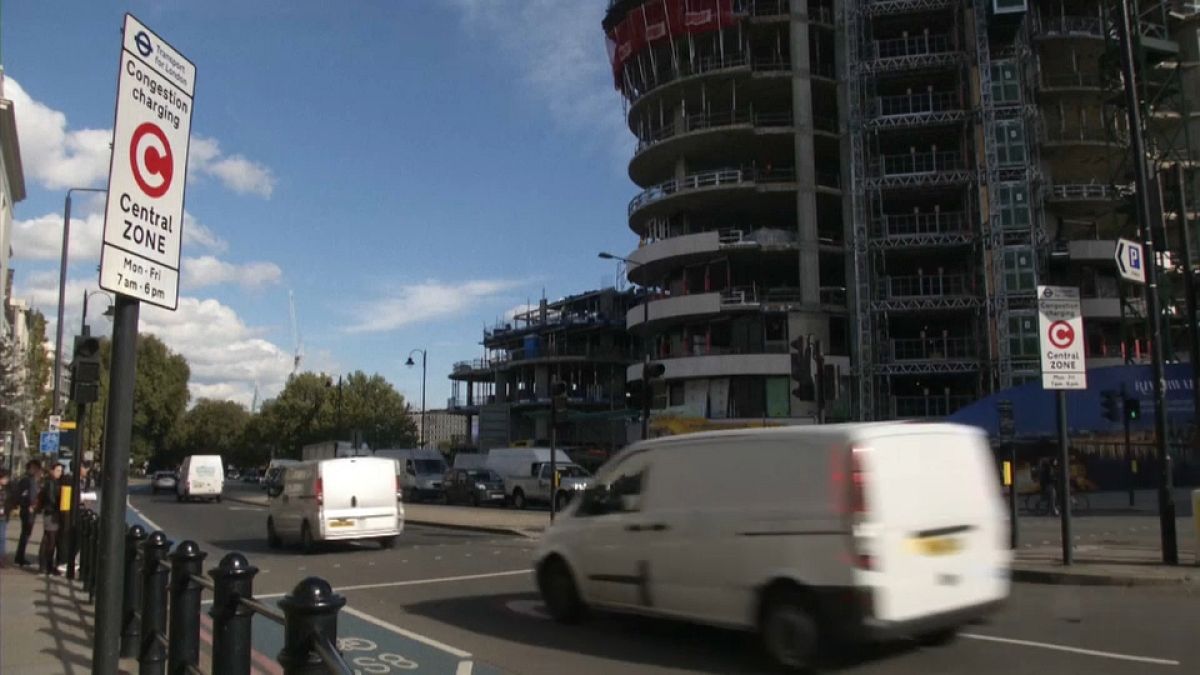London's new emissions fee, the toxicity charge, or T-charge, has come into force in a bid to improve the city's air quality
Drivers of older, more polluting cars will now have to pay a daily 11 euro (£10) charge to drive into central London.
London Mayor Sadiq Khan has introduced the toxicity charge, or T-charge, in a bid to improve the capital’s air quality, which has frequently breached EU limits in recent years.
The charge mainly applies to diesel and petrol vehicles registered before 2006,and is on top of the existing 13 euro (£11.50) congestion charge.
London Mayor Sadiq Khan said he planned to clean up the capital’s air and the so-called T-Charge will “encourage motorists to ditch polluting, harmful vehicles.”
He said more than 9,000 deaths are caused prematurely each year by the poor quality air, adding there are children in London “whose lungs are underdeveloped because of the poor-quality air, adults suffering from conditions from asthma to dementia and strokes because of the poor-quality air.”
Mayor Khan said the economic cost of the poor-quality air each year in London alone is over 4 billion euros.
However, opponents say the scheme would affect the poorest drivers.
“A normal person can’t afford these charges or a new car. It’s as simple as that,” a man at a car spare parts market said.
Rod McKenzie from the Road Haulage Association said the new charges will have “a big impact on business” and even “ put some hauliers out of business.”
The Mayor’s office said almost 95 per cent of Londoners live in areas where particulate pollution exceeds World Health Organization standards.
The measure comes as twelve major cities including London, Paris, Los Angeles and Cape Town promise to buy only zero-emissions buses from 2025.
It’s hoped this will protect the environement by making major areas free of fossil fuel emissions by 2030.
The 12 cities, with a combined population of almost 80 million, said they would promote walking, cycling and the use of public transport under a joint “fossil-fuel-free streets declaration”.
Other cities signing up were Copenhagen, Barcelona, Quito, Vancouver, Mexico City, Milan, Seattle and Auckland.
Zero emissions areas could mean more parks, pedestrian areas or roads where only electric or hydrogen-powered vehicles could enter to make cities more attractive places to live. They did not define how big “major areas” would be.
The mayors, part of the C40 group of cities which is seeking to slow global warming estimated that there were 59,000 buses of all types operating on the streets of the 12 cities.
Among them, London says it has the largest electric bus fleet in Europe, with more than 2,500 hybrid electric buses made by China’s BYD and Britain’s Alexander Dennis.
